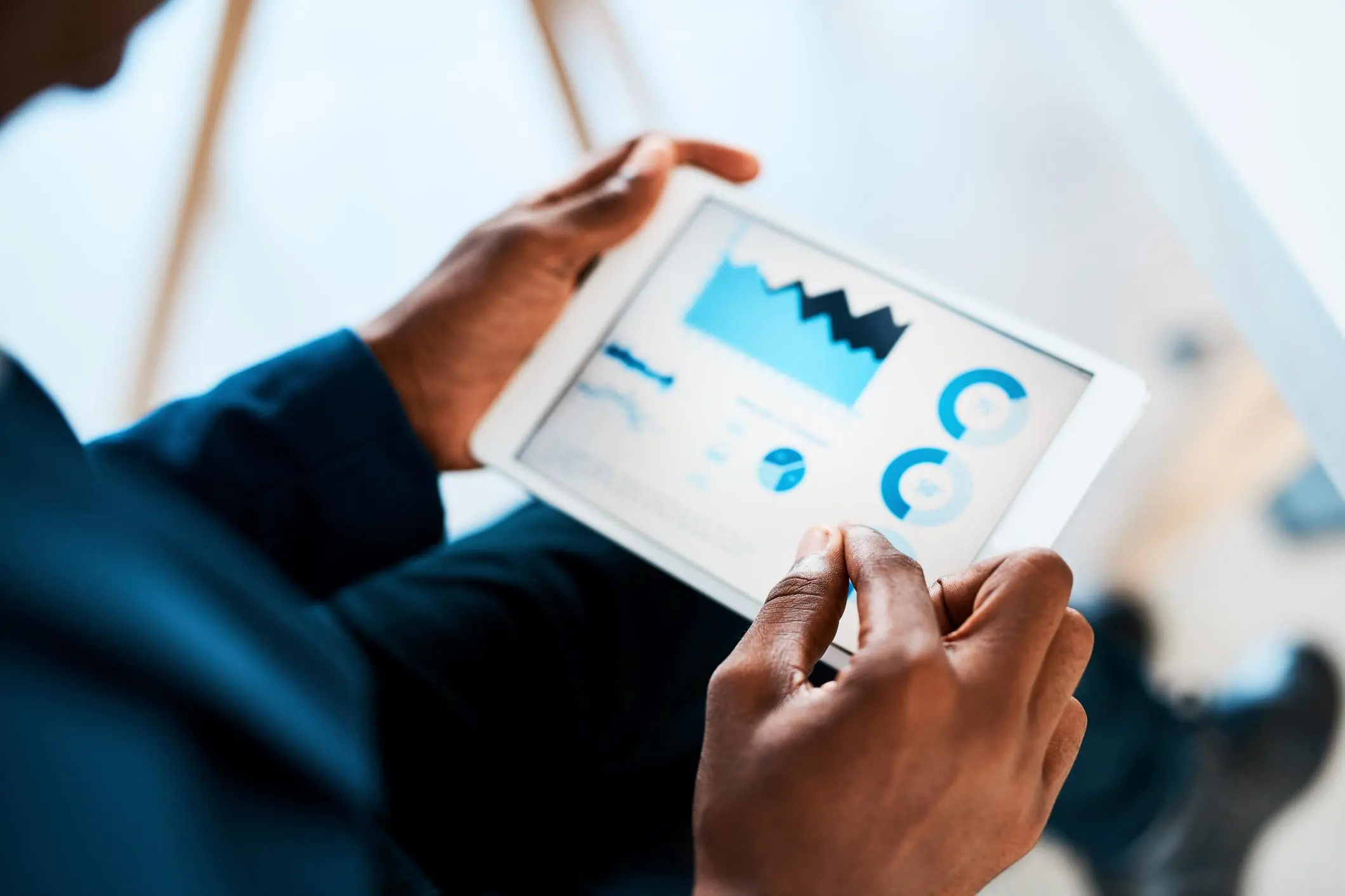PHOTO
JEDDAH: Improving access to the internet is a key step to achieving global connectivity and embracing a digital, technology-driven economy, G20 digital economy ministers said on Wednesday. It can also help global markets recover from the effects of the COVID-19 pandemic, they added.
During a meeting held under Saudi Arabia’s presidency of the G20, they discussed ways in which digital technologies can mitigate the effects of the coronavirus crisis, and help businesses become more resilient against the effects of future crises.
The ministers highlighted the importance of the digital economy in efforts to achieve the UN’s 2030 Sustainable Development Goals, and discussed human-centered and trustworthy artificial intelligence, smart cities, data flows, security in the digital economy, measurement of the digital economy, and global connectivity. They also considered ways to effectively invest in emerging opportunities to improve living standards and encourage more inclusive societies.
“Digitalization has been at the heart of every transformational journey for creating wealth, prosperity, and competitiveness,” said Abdullah Al-Swaha, the Saudi minister of communications and information technology.
“This year, we have agreed that in a post-COVID-19 world, (digital technology) has become the lifeline for our kids to continue their education, the lifeline for our loved ones outside of the ICU room, and the gateway to opportunities for youth and women.”
This year, he said, the G20 Digital Economy Task Force (DETF) brought together representatives of all G20 members as well as a number of guest countries. Next year, this group will be upgraded to the status of working group, which will elevate global discussions of the digital economy to a new level, he added.
“This is a historic milestone for the G20 presidency here in the Kingdom of Saudi Arabia,” Al-Swaha said. “I would like to thank the G20 member states for helping us declare a historic G20 declaration when it comes to the digital economy.”
Current estimates suggest that between $6 trillion and $9 trillion are at stake, more than 400 million jobs have been lost and 700 million people have slipped below the poverty line as a result of the pandemic. The G20’s digital leaders believe the onus is on them to help get the world back on track through digital transformation.
“We have just faced one of the biggest health and economic crises that the world has witnessed in 90 years. We definitely cannot afford a digital crisis,” said Al-Swaha.
To achieve the goals for the digital economy, Al-Swaha said policymakers need to take action to bridge the digital divide. Tremendous progress has already been made toward achieving this, through an agreed framework, he added.
“I want to acknowledge the leadership of my peers among the G20 (as they) come together and help the world (make the most of) the 21st century’s opportunities by empowering people, and focusing on youth and women, and by safeguarding the planet through shifting from a linear economy to the circular economy,” he said.
The minister pointed out that digitalization is as essential to the work of the G20 as it is to the success of Saudi Arabia’s Vision 2030.
“We are working closely with both the Organization for Economic Co-operation and Development and the (UN’s) International Telecommunication Union, as knowledge partners, to take G20 declarations based on connecting humanity even further, to other platforms, and making sure that the Kingdom is a leader by example,” said Al-Swaha.
In the past three years, a project to extend the fiber-optic network in Saudi Arabia has reached 3.5 million homes, ranking the country fourth globally in terms of 5G connectivity. About 99 percent of the Kingdom has basic connectivity, 96 percent has access to 4G, and the nation is one of the fastest-growing in the world for 5G deployment, with 45 percent coverage in more than 30 cities.
“This has helped us fight COVID-19,” said Al-Swaha. “It is not acceptable in 2020 that half of the world is not connected, because this means half of the world doesn’t have access to basic health care, education and, in some cases, clean water, sewerage infrastructure and energy.”
Copyright: Arab News © 2020 All rights reserved. Provided by SyndiGate Media Inc. (Syndigate.info).





















